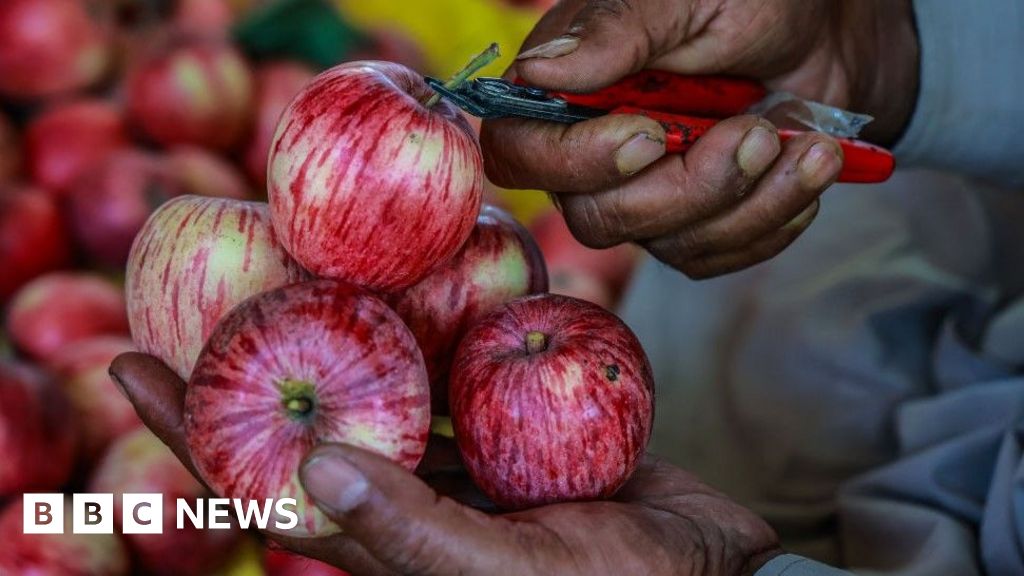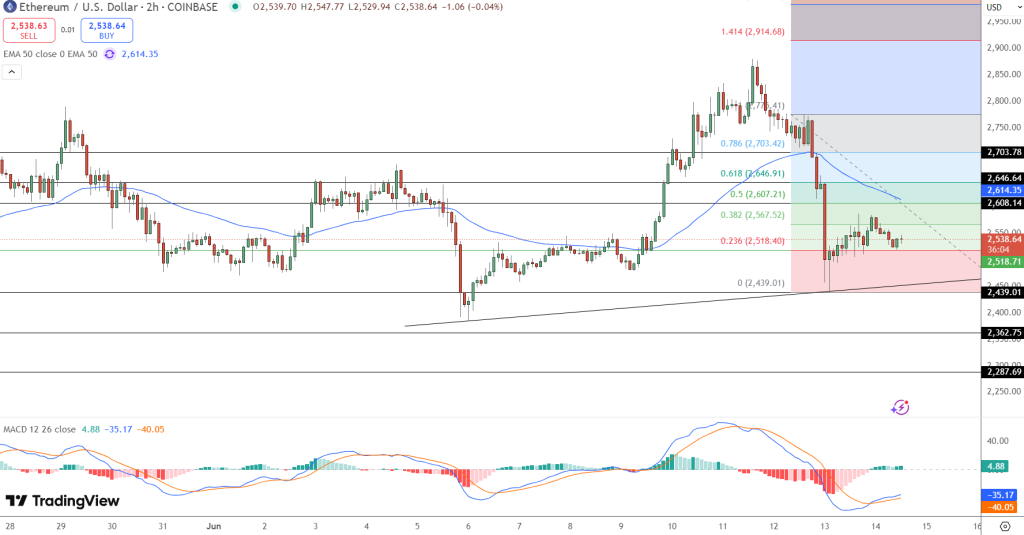Receive free Pakistan’s economy updates
We’ll send you a myFT Daily Digest email rounding up the latest Pakistan’s economy news every morning.
Pakistan has reached a deal for $3bn in short-term financing from the IMF following months of tense negotiations, offering the crisis-hit economy a reprieve as the government fights to avert a possible default.
The IMF announced on Thursday that it had reached a staff-level, or preliminary, agreement with Prime Minister Shehbaz Sharif’s government for nine months of financing under a so-called standby arrangement. The deal has to be finalised by the fund’s executive board, with approval expected by mid-July, the IMF said in a statement.
Pakistan has descended into one of its worst economic crises, with analysts warning that it risks defaulting on its debt payments without the IMF’s assistance. Foreign reserves have fallen to $3.5bn, enough for less than one month’s worth of imports, while inflation has risen to 38 per cent.
While Pakistan had an existing bailout agreement with the IMF, inked in 2019, the multilateral lender has since last year refused to release funds as it clashed with Islamabad over economic policy. That agreement was set to expire on Friday, with about a third of the $6.5bn in funding yet to be disbursed.
The breakthrough came after Pakistan unveiled a series of tax rises in a budget this month for the financial year that starts in July. It has also cut subsidies on energy and removed a number of currency and import restrictions.
Pakistan’s markets were closed on Friday, but some analysts welcomed news of the deal. “This new program is far better than our expectations. There were a lot of uncertainties on what would happen after June,” said Mohammad Sohail, chief executive of Topline Securities brokerage in Karachi. “Now, this funding of $3bn and for nine months will definitely help restore some investor confidence.”
The IMF had demanded Pakistan adopt measures to broaden the tax base, liberalise the economy and free up resources for development spending.
But Sharif’s government long resisted such steps, arguing that they would prove excessively harsh and politically fraught given the fragile economic conditions. National elections are due by October, and Sharif is expected to face a tough race against the opposition leader and former prime minister Imran Khan.
However, economists warned that an IMF deal would not resolve Pakistan’s systemic economic problems. Activity has slowed sharply, leading to blackouts, shortages of vital imports and a surge in poverty.
The government faces about $25bn worth of debt repayments in the financial year starting in July, which analysts said it would struggle to meet without further financial assistance from lenders such as China and Saudi Arabia, as well as another IMF programme.
Last month, Islamabad asked Beijing to roll over $2.3bn worth of repayments on commercial and government loans by providing fresh funds.
Some critics have argued that the economy needs much deeper reforms than those being proposed. Pakistan, which has had 23 IMF programmes in its history including Friday’s plan, has long been trapped in boom-and-bust cycles that have constrained growth.
“Over the last three decades, IMF assistance has not been able to bring about tangible reforms,” said Abid Hasan, a former World Bank adviser in Islamabad. “IMF programmes have just been more of a band-aid.”
Credit: Source link











